Podcast: Play in new window | Download
Subscribe: RSS
Paul Kingsman is a speaker, author, executive coach, and Olympic medalist. He equips financial services professionals to overcome costly distractions and complete what matters most to build their businesses – connecting with prospects and clients, adding assets, and raising revenue. Paul’s book is titled The Distraction-Proof Advisor.
Takeaway Quote:
“If it’s the next step to take, it’s the most important step to take.”
Show Timeline:
1:39 Paul’s background as an athlete and transition to the financial services industry
The need Paul identified in the industry that led him to his current work
5:30 What it takes to maximize one’s potential and reach goals
The roles of skill, environment, and focus
10:20 An example of a common distraction for financial advisors
Dedicating your efforts to the things only you can do, and will benefit the business
13:03 Having clarity around your goal
The importance of your ‘why’, and well-defined timelines
17:49 Other obstacles and tools to overcome them
Visualizing your goals and making them more relatable
22:29 How the concept of niche applies to this way of thinking
How Paul’s previous firm defined their niche and communicated this information to clients
26:03 Ideas to help you stick to your niche
Comparing different kinds of professionals and the structures to which they are committed
29:12 The challenges associated with receiving a referral that doesn’t fit
Paul’s positioning for both the referrer and the prospect, in a way that accommodates all parties
Links:
Website: www.paulkingsman.com
Email: paul@paulkingsman.com
Book: The Distraction-Proof Advisor
LinkedIn: https://www.linkedin.com/in/paulkingsman/
Twitter: https://twitter.com/Paul_Kingsman
Want more?
Stephen Wershing: www.TheClientDrivenPractice.com/checklistblog
Julie Littlechild: www.absoluteengagement.com/blog
Episode Transcript:
Steve:
Welcome to “Becoming Referable”, the podcast that shows you how to become the kind of advisor people can’t stop talking about. I’m Steve Wershing. On this episode, we talk with Paul Kingsman, Olympic medalist, turned advisor, turned coach, and author of “The Distraction-Proof Advisor”. As advisors and business owners, there are so many things we have to pay attention to day by day, and there are so many things that can take us off course, and keep us from building the kind of business we want to have. Paul talks with us about how to focus on the right kinds of goals, to keep us moving to where we want to go. We talk about how to focus on relationships, and not get distracted by things that can be automated or delegated.
We talk about what kind of distractions can take you off course, like accepting clients outside your target market. We talk about the importance of systems and structure, for keeping you on course. And Paul has an interesting way of talking about minimum fee, rather than minimum account size, to help people refer to you the right kinds of clients. If you’ve been a listener for a while, you know that I’m not a fan of asking for referrals, but Paul gives us a conversation you can have with clients, to help stimulate that referral activity. If you’ve ever caught yourself investing time in something that did not keep you on course to building the kind of business you want to have, you’ll find value in this conversation, so let’s get to it. Here now, is our conversation with Paul Kingsman.
So, Paul Kingsman, welcome to the Becoming Referable podcast. Thanks for joining us.
Paul:
Thank you, it’s a pleasure to be here, Stephen, and Julie.
Julie:
Great to have you.
Steve:
So for those folks who don’t know you yet, Paul, your work draws on your experience as an athlete, that culminated in an Olympic medal. Can you give us a little of that background?
Paul:
Sure. So I started swimming when I was eight years old, and couldn’t really swim too well. I always loved the water, but when I was nine, I saw the Montreal, the 1976 Montreal Olympics, which I know dates me a lot, I just turned 50, but when I was nine I saw those Olympics, and for me, that was the thing that just got me so passionate to keep swimming, and to be a part of that experience. Not that I’m saying you need that longer-term objective at nine, if you haven’t got it by nine it’s too late, but for me personally, when I saw that visual at the Olympic games that was it. And so had a family, a very supportive family, who kept me involved with swimming, had a phenomenal swimming coach, and we spent 15 years together. And so that culminated right through into going to the 1984 Olympics in LA, and then the 1988 Olympics in South Korea, where I won a bronze medal in the men’s 200 meters backstroke, for New Zealand.
Julie:
That’s so awesome. So, I think the obvious question, then, is how you went from there to financial advisor, to what you’re doing today. So maybe you could help us understand that path.
Paul:
Sure. So, I got married once I retired from swimming in 1990. We moved back to New Zealand, my wife and I. My wife was from northern California, who I met when I was at Cal on a swimming scholarship, at Cal Berkeley, and her mom, in 1997, had a career shift, and started at Morgan Stanley. And so, my wife was an only child, so each phone conversation, we’d often hear about things in this industry. And my mother-in-law was a little bit ahead of her time, because she really focused on financial planning. And this was back, remember the late 90s, and planning wasn’t at the forefront then. I think a lot of places were paying lip service to it. But we came back in 2001 with the idea of me going into partnership with her, at Morgan Stanley. I was actually in the second to last training class, in World Trade Center, in June/July, of ’01, and I quickly saw that amongst 380 advisors, while we learned about product, this is a large cap value manager, this is a small cap growth fund, this is a UIT, there was very little, as far as here’s how you stay focused for the long haul, here’s how you handle the rejections, here’s how you handle the silences, when those prospects tell you, of course I’ll call you back in a week, and never do.
And so, that really got me motivated to … I’ve always loved speaking, but it really showed me, hey, this is an industry where tenacity, where just perseverance, those approaches are required, and where, over the long haul, you need to stay focused, that really appealed. I loved motivating people, and now specifically financial advisors and financial professionals. So stayed in the industry for some time. I’ve been in and out of the industry as an advisor, so I know what advisors go through. I know what it feels like to sit across from the table of a prospect, of a client. So now I love encouraging those advisors out there.

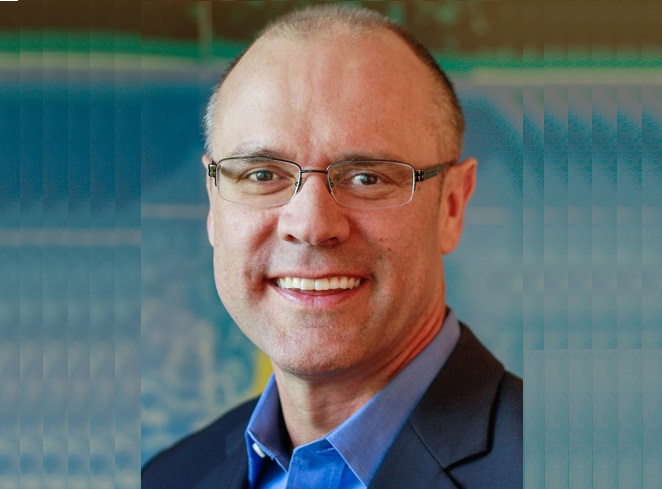
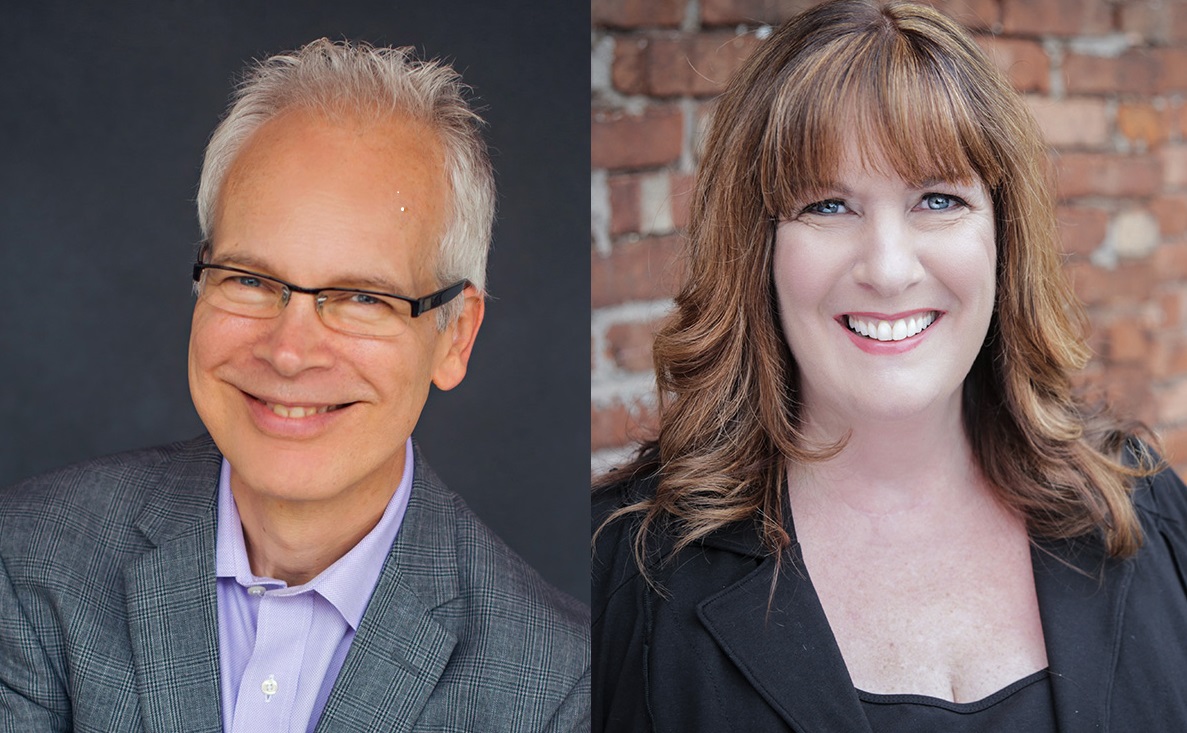
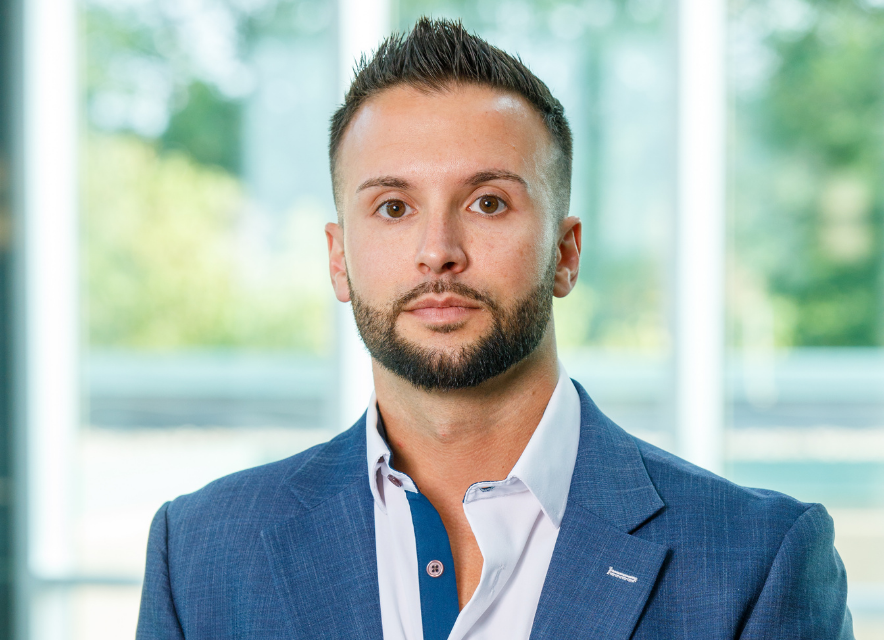
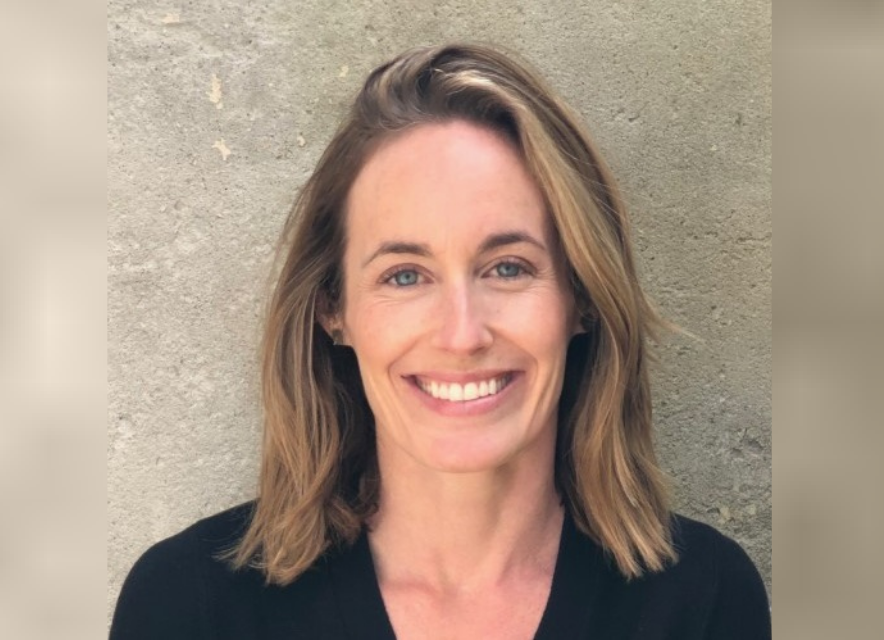
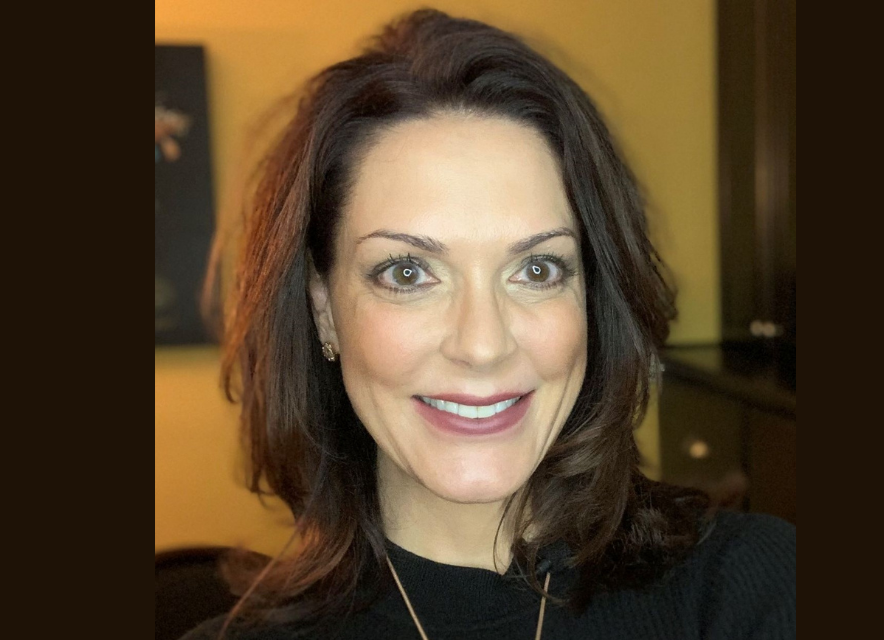
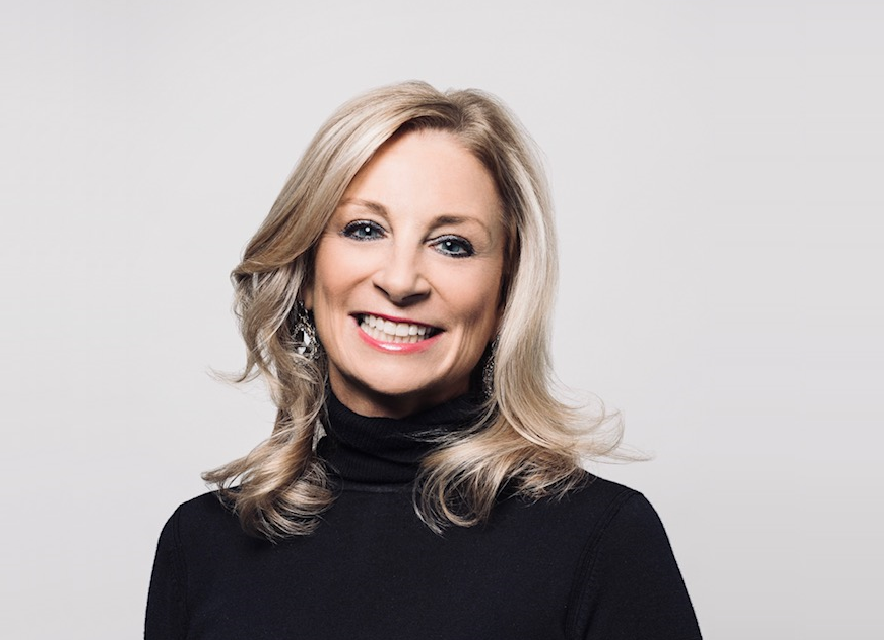
Leave A Comment